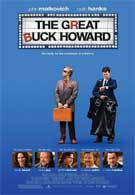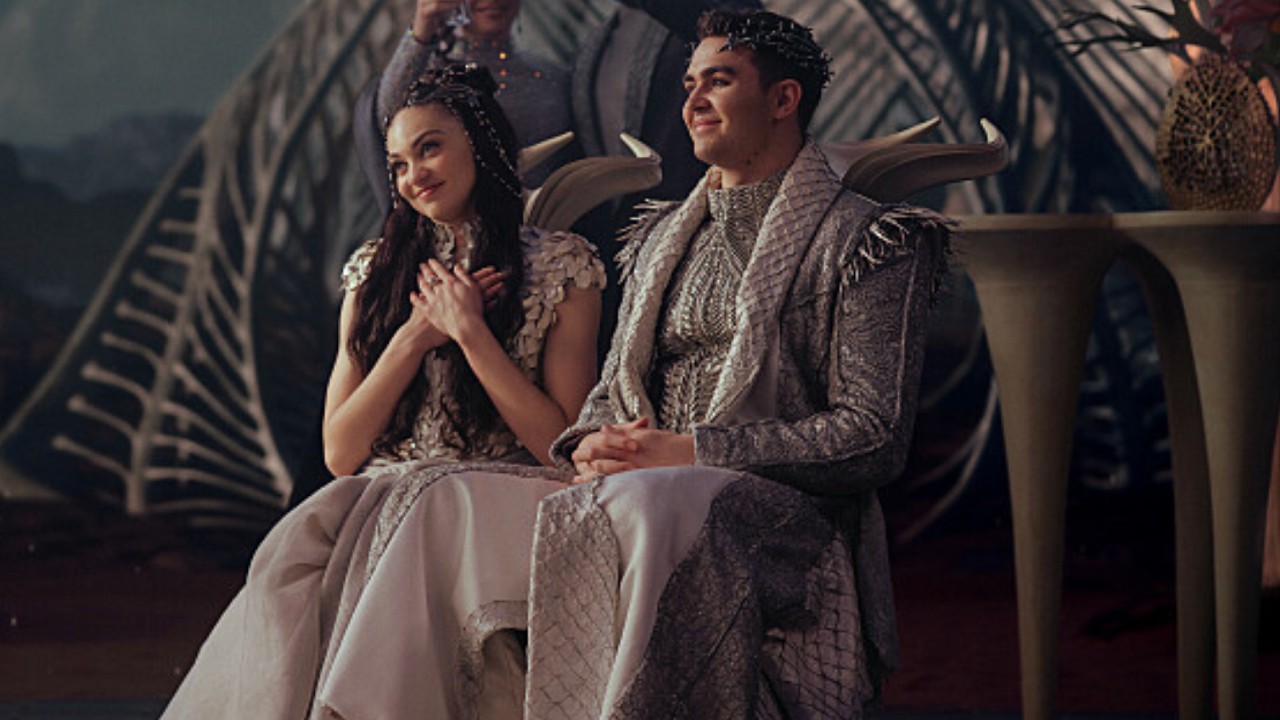The Great Buck Howard could have turned out like so many Sundance entries that were just too cute for their own good. It stars the child of a celebrity (Colin Hanks, son of Tom), is way overscored and overnarrated, and opens with a series of clever graphics that introduce us to the main character in one big rush.
But in addition to having an original idea or two amid its twee trappings, Sean McGinly's film has a key secret weapon: Buck Howard. Donning a hairpiece and capped teeth, John Malkovich plays the egomaniacal, washed-up magician so deliciously that the film gets lifted off its feet when he's on the screen. Possessed with a rhythmic energy and a tidy script, The Great Buck Howard gives Malkovich an opportunity to surprise us once again.
Like so many cinematic young men before him, Troy (Hanks) has entered the world having no idea what to do with himself, and drops out of law school when he wakes up one day and decides he just can't do it anymore. He rather anachronistically goes to the classified ads to look for jobs, and finds himself at an interview with The Great Buck Howard, an illusionist who warmed Johnny Carson's couch back in the 70s, but is now limited to engagements at places like Cincinnati Town Auditorium.
Full of catchphrases ("I love this town!" he pronounces at every show) and a foolproof routine, Buck is a larger-than-life presence who sweeps up Troy in his wake. Buck is a tyrant and a cheapskate, yes, but he becomes a kind of father figure to Troy while his own dad (Tom Hanks, naturally) disapproves of this new direction in his son's life. Things get complicated, and the movie finally takes a breath after an endless series of montages, when Buck settles in Cincinnati to pull a grand publicity stunt, performing an illusion that's never been done before. A comely PR rep (Emily Blunt) flies in from New York to help out, and when she and Troy begin a hotel room dalliance, it's only the beginning of the unforeseen troubles.
Malkovich carries much of the movie's comedy with Buck's constant self-aggrandizing, but some help comes in from the sidelines from Steve Zahn and a kooky mustache, Debra Monk as an over-excited Cincinnati promoter, and even Adam Scott in a tiny role as Troy's predecessor. Near the end of the movie the celebrity cameos go a little out of control, for reasons I don't want to spoil, and Buck Howard goes from feeling like a shoestring indie to the Hollywood production it actually is. But for the most part the movie coasts remarkably well on charm, even during Troy's endless voiceovers that put much too fine a point on the generic coming-of-age themes of the movie. None of the ideas that Buck Howard is espousing are particularly original, but luckily Malkovich and the movie itself make sure you have a good time anyway.
Your Daily Blend of Entertainment News
Staff Writer at CinemaBlend


